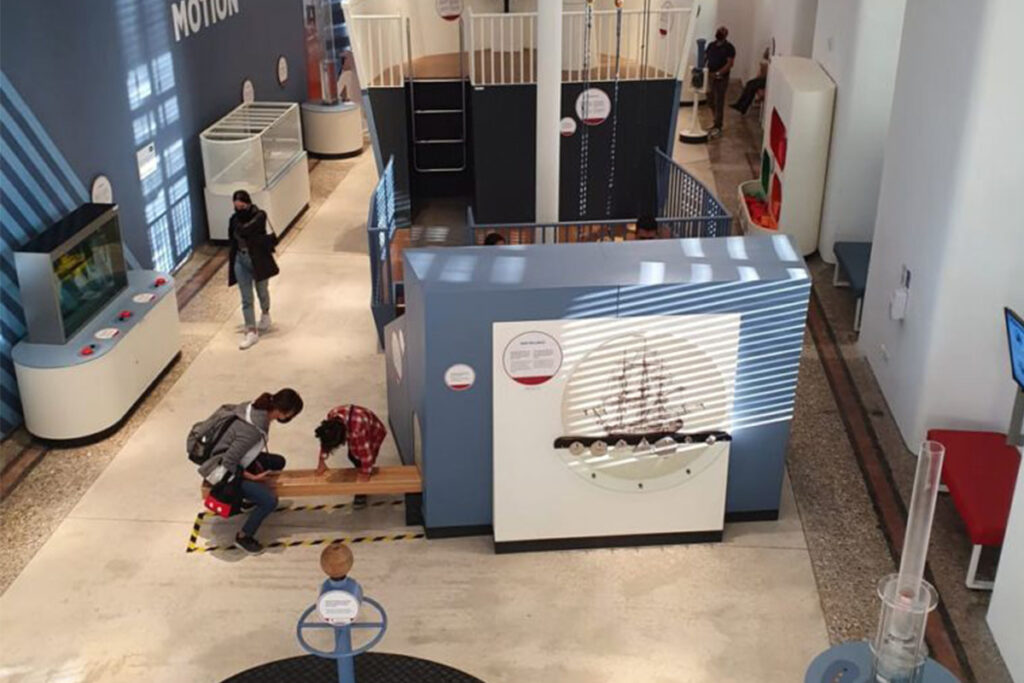Education in Malta for Expats
Introduction
Malta, a charming Mediterranean island nation, has become a popular destination for expats, not only because of its favorable climate and vibrant lifestyle but also due to its solid and flexible education system. For families moving to Malta, understanding how the education system works can help ensure a smooth transition and help children thrive academically and socially. In this guide, we’ll walk you through the essentials of Malta’s education system, comparing public, private, and international school options, and offering tips for enrolling as an expat.
Structure of the Education System in Malta
The Maltese education system is divided into several stages, similar to many European systems, beginning with preschool and progressing to higher education.
- Preschool (Early Years): Starting at age 3, children can attend preschool, which helps them develop early learning and social skills. Preschool education in Malta is optional but widely available.
- Primary Education: At age 5, children begin primary school, which lasts for six years and forms the core of foundational learning.
- Secondary Education: Secondary education starts at age 11 and lasts until 16. Students then sit for the SEC (Secondary Education Certificate) exams, which are equivalent to the British GCSEs.
- Post-Secondary and Higher Education: For those pursuing higher studies, Malta offers Junior College and vocational options leading to the University of Malta or other higher education institutions.
Whether your child is starting preschool or preparing for university, Malta offers diverse pathways and programs tailored to different learning styles and goals.
Public vs. Private Education Options
Malta’s public schools offer free education and are open to both Maltese citizens and expat residents. Public schools follow the National Curriculum Framework, with English and Maltese as the primary languages of instruction. This bilingual setup can be beneficial for expat children, allowing them to pick up both English and Maltese over time, though some families may prefer options with an exclusive focus on English.
Private schools are a popular choice for expat families looking for smaller class sizes, English-medium instruction, and specialized curriculums. Many private schools in Malta offer religious or secular education, and tuition fees vary by institution. While private schools often emphasize a British-style curriculum, they also incorporate Maltese educational standards to ensure consistency with the local system.


